Ask Ethan # 113: Are scientists willing to put their lives on the line for the sake of theory?
Among the duties of an expert who hopes to convey to humanity his passion and his knowledge in a particular field, there is a need for dialogue with a diverse audience. Sometimes this diversity causes problems for the audience itself. Among the questions and suggestions I found the following request from Chris Shaw:
There are many important nuances in this issue, so let's start with one of them: the Big Bang.
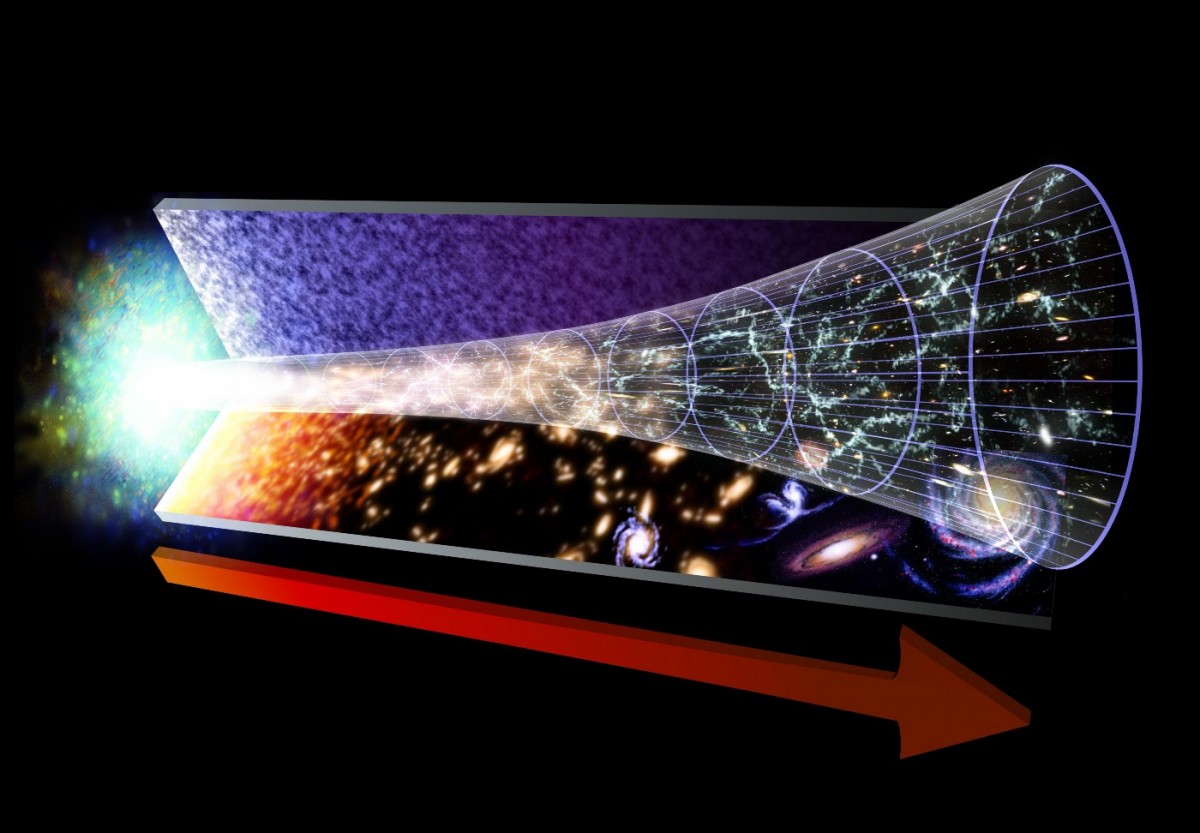
Unlike what you may have heard, the Big Bang theory does not postulate the mandatory presence of the singularity with which the Universe began. She says that the universe began its existence from a hot, dense and expanding state, and has since cooled. The role in the construction of this theory was played by one key observation and one theoretical development:
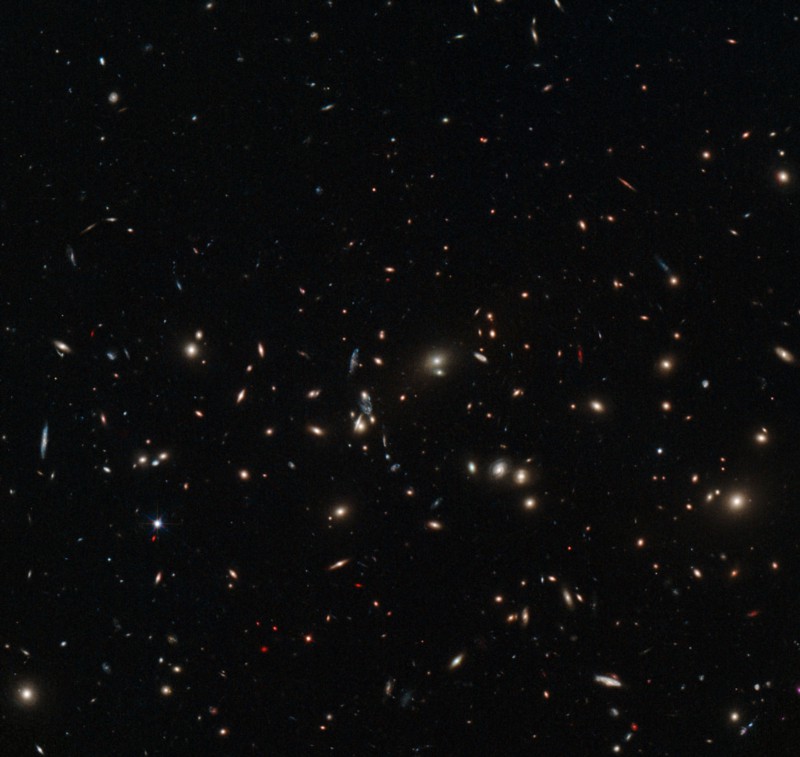
')
• It was noted that spiral nebulae, in which individual galaxies were recognized in the 1920s, move from us at tremendous speeds, and that the farther they are from us, the faster they move from us on average.
• At about the same time, it was discovered that Einstein's general theory of relativity, tested in 1919 by observing the curvature of starlight by gravity during a total solar eclipse, forbids the existence of a static Universe, and that the fabric of space must either expand or contract with time.
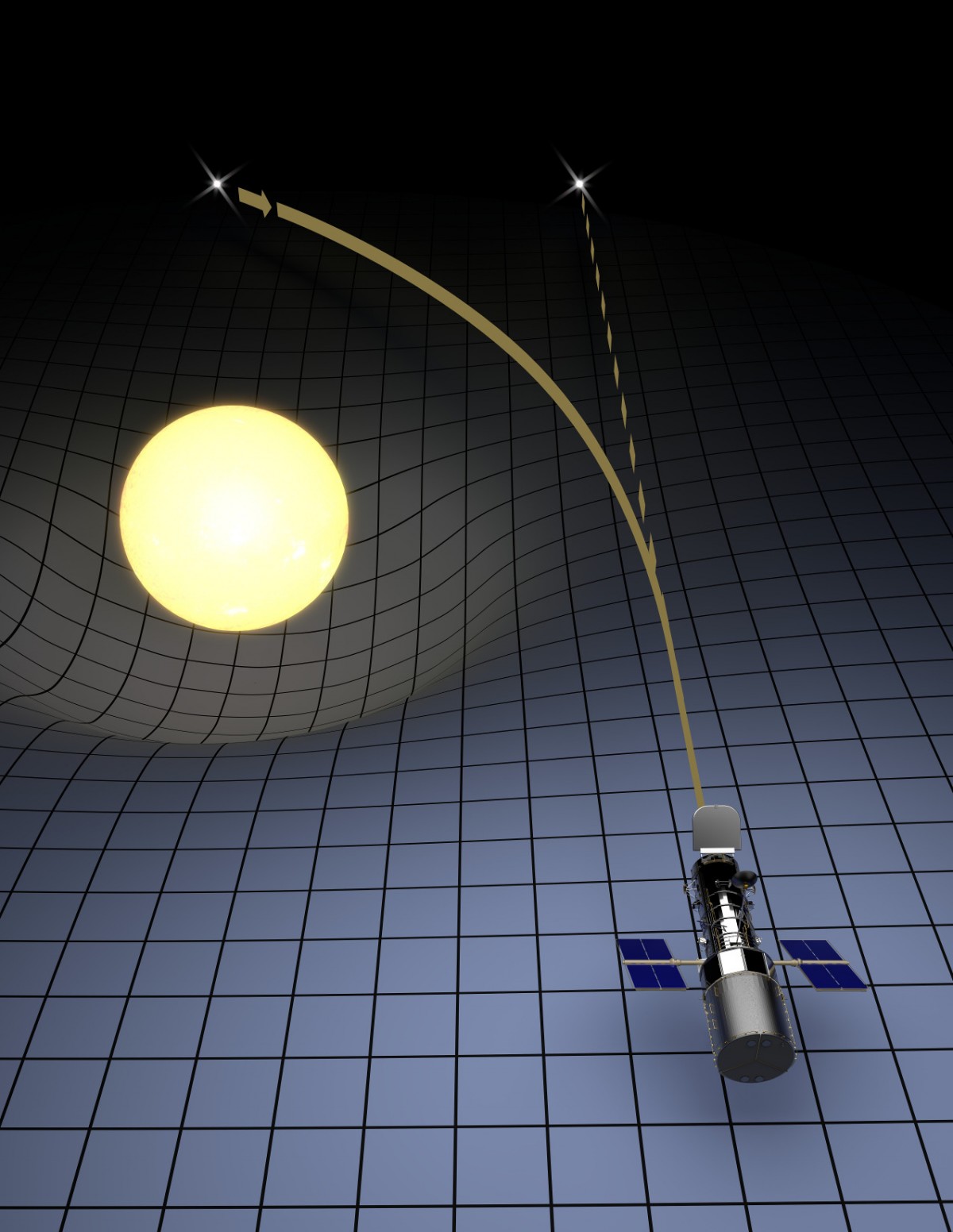
Comparing the observation with the prediction of the best, most successful theory, scientists have made the inevitable conclusion: the fabric of the Universe expands, and the reason for the apparent runaway of galaxies is that light from distant sources is stretched due to the expansion of space. The big bang promoted the theory to the next level by declaring that the expanding universe could be extrapolated back in time to a hot, dense, and expanding state.
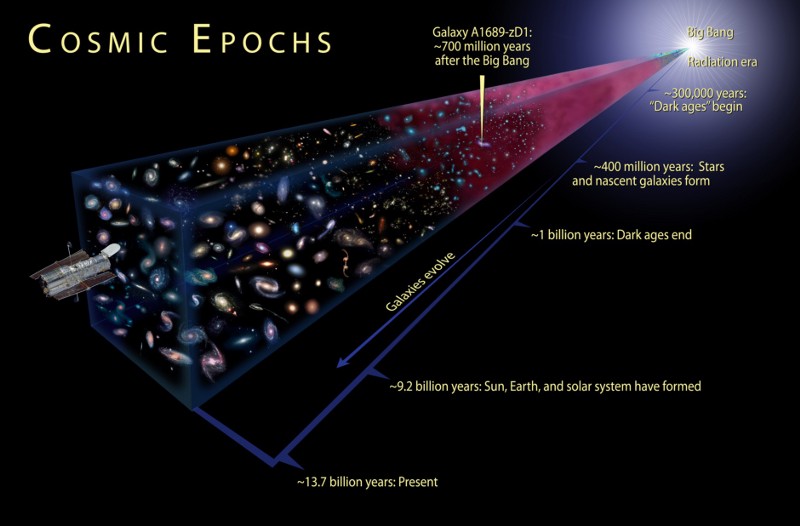
But this combination alone does not make the Big Bang obligatory. He was just one of many hypotheses that came out, along with the theory of tired light, the model of a static state, and then the model of plasma cosmology and the electric Universe. The Big Bang theory stood out with such unique predictions:
• The universe was once so hot and dense that it could not form atomic nuclei. From this followed the abundance of light elements in the early Universe, including deuterium, helium-3, helium-4, and lithium, and this state should not have changed until the first stars appeared.
• The Universe then had to cool down through a state in which neutral atoms could form, as a result of which it was supposed to become transparent for all of the radiation that was then present. This means that this light should be stretched, that is, cooled by the expansion of the Universe, and should leave us with the residual glow of the Big Bang, just a few degrees above absolute zero, and with a black body spectrum.
• In addition, she predicted the Universe, whose structures — stars, galaxies, clusters — appeared with time in more and more complex forms, and the farther into the past, the less evolving it should look.
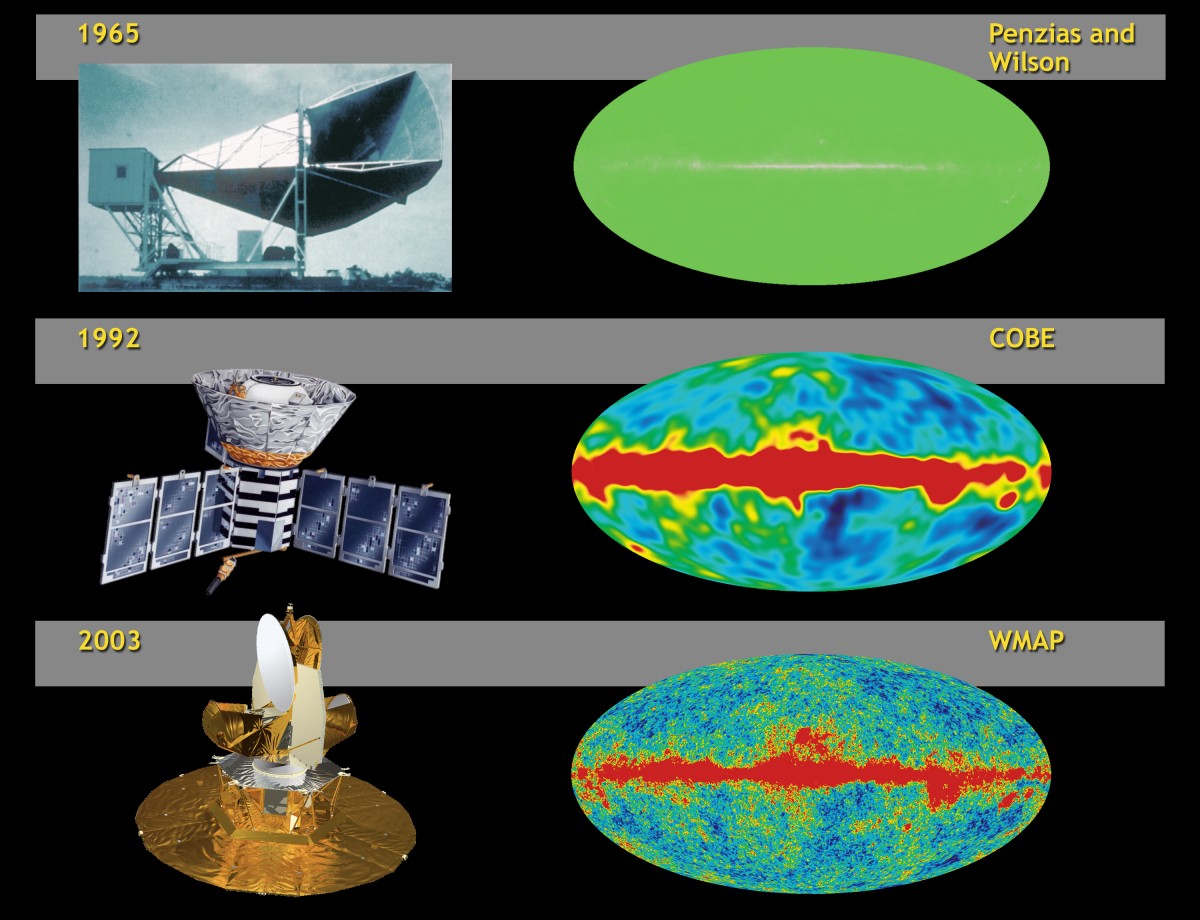
Observation of the residual luminescence of the Big Bang, at the time of its discovery in the 1960s, known as the “primeval fireball”, and today, as relic radiation, was proved by the Big Bang model and rejected the rest. After this, the observation of its imperfections, the measurement of the temperature spectrum and other properties completely excluded other alternatives. The scientific theory of the origin of the universe, the Big Bang, is not going anywhere.

This does not mean that it is a fact - in the sense that it is not the final answer explaining everything. This is one of the steps of the path, successfully and unambiguously explaining many properties of the Universe. There is no other explanation that coincides with all observations. But there are still questions that the Big Bang cannot explain:
• Where did the embryos of the structures come from - more dense regions, where the stars, galaxies, clusters turned out to be?
• Why is everywhere in the Universe absolutely the same temperature, density, and all other properties, in all directions?
• Why is the spatial curvature of the universe ideally even, and not positive or negative?
• Why does the expansion rate behave in time exactly this way and not otherwise?
• Why are there no relics of ultrahigh energies, such as magnetic monopoles?
• Why are emerging structures hinting that a substance component exists, most of the substance that does not interact with radiation?
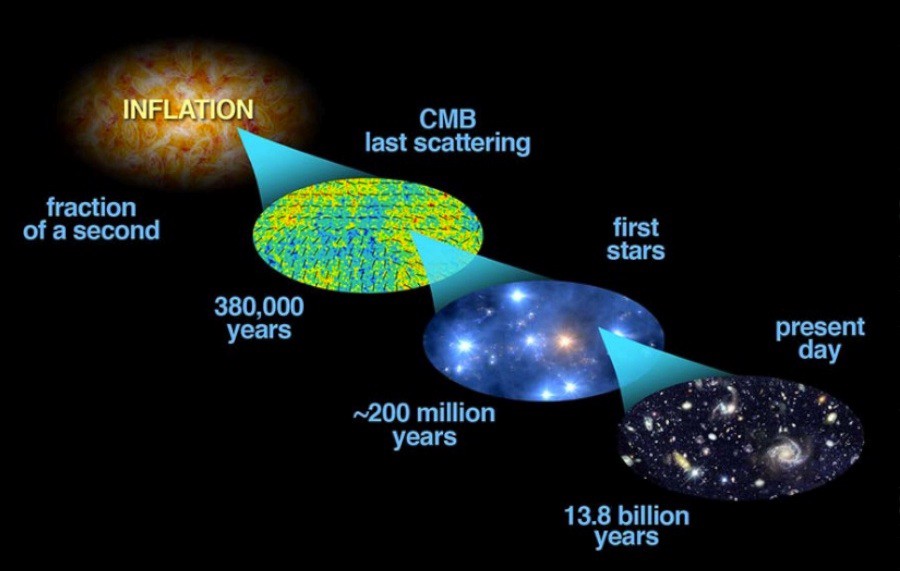
Therefore, we have additional improvements to the original version of the Big Bang theory, including the existence of cosmic inflation (preceding and leading to the Big Bang), dark matter (whose nature has not yet been determined) and dark energy (whose properties are still being studied). Therefore, we are waiting for new cosmic discoveries explaining the mass of neutrinos, the superiority of matter over antimatter in the Universe, and the nature of dark matter.
The point is that we still need to learn a lot, and if something replaces the Big Bang, it will not cancel it completely. Newtonian gravity did not become false after the appearance of GR. She simply determined the range: she works at low speeds and with weak gravitational fields. The Big Bang also has a range: only for the last 13.8 billion years, but not earlier.

It is worth noting that this is also true for all scientific theories! The theory of evolution explains the diversity of life on Earth, and the mechanism of how it appeared, but does not explain where life came from. The theory of gravity explains the attraction experienced by matter and energy, and the effect on space and time, but does not explain other fundamental interactions, or the nature of space and time itself. Each theory has a scope, and beyond it there should be a better scientific theory that expands this area.
Will I put my life on the line for this theory? In a sense, already set. I study it professionally. All science — a self-correcting method of data collection, comparing them with observations, and improvements based on discoveries — is a process in which we gain such knowledge and understanding. My life is “put on” on the assumption that this is a good, correct and useful way of studying the reality we inhabit. And yet I know that a single observation can turn everything that we know, and all our most inviolable conclusions and theories can be refuted if the data contradicts their predictions. But they will not disprove our knowledge; they will simply offer a way to improve the understanding of the universe. And when this happens, it brings with it the highest scientific pleasure: the pleasure of discovery.
If someone asks you, and you need to be honest, would you say that the expansion of the universe from the hot dense state is not just a theory, but a real fact? If you had to put your life on the line, what would you say?
There are many important nuances in this issue, so let's start with one of them: the Big Bang.

Unlike what you may have heard, the Big Bang theory does not postulate the mandatory presence of the singularity with which the Universe began. She says that the universe began its existence from a hot, dense and expanding state, and has since cooled. The role in the construction of this theory was played by one key observation and one theoretical development:

')
• It was noted that spiral nebulae, in which individual galaxies were recognized in the 1920s, move from us at tremendous speeds, and that the farther they are from us, the faster they move from us on average.
• At about the same time, it was discovered that Einstein's general theory of relativity, tested in 1919 by observing the curvature of starlight by gravity during a total solar eclipse, forbids the existence of a static Universe, and that the fabric of space must either expand or contract with time.

Comparing the observation with the prediction of the best, most successful theory, scientists have made the inevitable conclusion: the fabric of the Universe expands, and the reason for the apparent runaway of galaxies is that light from distant sources is stretched due to the expansion of space. The big bang promoted the theory to the next level by declaring that the expanding universe could be extrapolated back in time to a hot, dense, and expanding state.

But this combination alone does not make the Big Bang obligatory. He was just one of many hypotheses that came out, along with the theory of tired light, the model of a static state, and then the model of plasma cosmology and the electric Universe. The Big Bang theory stood out with such unique predictions:
• The universe was once so hot and dense that it could not form atomic nuclei. From this followed the abundance of light elements in the early Universe, including deuterium, helium-3, helium-4, and lithium, and this state should not have changed until the first stars appeared.
• The Universe then had to cool down through a state in which neutral atoms could form, as a result of which it was supposed to become transparent for all of the radiation that was then present. This means that this light should be stretched, that is, cooled by the expansion of the Universe, and should leave us with the residual glow of the Big Bang, just a few degrees above absolute zero, and with a black body spectrum.
• In addition, she predicted the Universe, whose structures — stars, galaxies, clusters — appeared with time in more and more complex forms, and the farther into the past, the less evolving it should look.

Observation of the residual luminescence of the Big Bang, at the time of its discovery in the 1960s, known as the “primeval fireball”, and today, as relic radiation, was proved by the Big Bang model and rejected the rest. After this, the observation of its imperfections, the measurement of the temperature spectrum and other properties completely excluded other alternatives. The scientific theory of the origin of the universe, the Big Bang, is not going anywhere.

This does not mean that it is a fact - in the sense that it is not the final answer explaining everything. This is one of the steps of the path, successfully and unambiguously explaining many properties of the Universe. There is no other explanation that coincides with all observations. But there are still questions that the Big Bang cannot explain:
• Where did the embryos of the structures come from - more dense regions, where the stars, galaxies, clusters turned out to be?
• Why is everywhere in the Universe absolutely the same temperature, density, and all other properties, in all directions?
• Why is the spatial curvature of the universe ideally even, and not positive or negative?
• Why does the expansion rate behave in time exactly this way and not otherwise?
• Why are there no relics of ultrahigh energies, such as magnetic monopoles?
• Why are emerging structures hinting that a substance component exists, most of the substance that does not interact with radiation?

Therefore, we have additional improvements to the original version of the Big Bang theory, including the existence of cosmic inflation (preceding and leading to the Big Bang), dark matter (whose nature has not yet been determined) and dark energy (whose properties are still being studied). Therefore, we are waiting for new cosmic discoveries explaining the mass of neutrinos, the superiority of matter over antimatter in the Universe, and the nature of dark matter.
The point is that we still need to learn a lot, and if something replaces the Big Bang, it will not cancel it completely. Newtonian gravity did not become false after the appearance of GR. She simply determined the range: she works at low speeds and with weak gravitational fields. The Big Bang also has a range: only for the last 13.8 billion years, but not earlier.

It is worth noting that this is also true for all scientific theories! The theory of evolution explains the diversity of life on Earth, and the mechanism of how it appeared, but does not explain where life came from. The theory of gravity explains the attraction experienced by matter and energy, and the effect on space and time, but does not explain other fundamental interactions, or the nature of space and time itself. Each theory has a scope, and beyond it there should be a better scientific theory that expands this area.
Will I put my life on the line for this theory? In a sense, already set. I study it professionally. All science — a self-correcting method of data collection, comparing them with observations, and improvements based on discoveries — is a process in which we gain such knowledge and understanding. My life is “put on” on the assumption that this is a good, correct and useful way of studying the reality we inhabit. And yet I know that a single observation can turn everything that we know, and all our most inviolable conclusions and theories can be refuted if the data contradicts their predictions. But they will not disprove our knowledge; they will simply offer a way to improve the understanding of the universe. And when this happens, it brings with it the highest scientific pleasure: the pleasure of discovery.
Source: https://habr.com/ru/post/399985/
All Articles